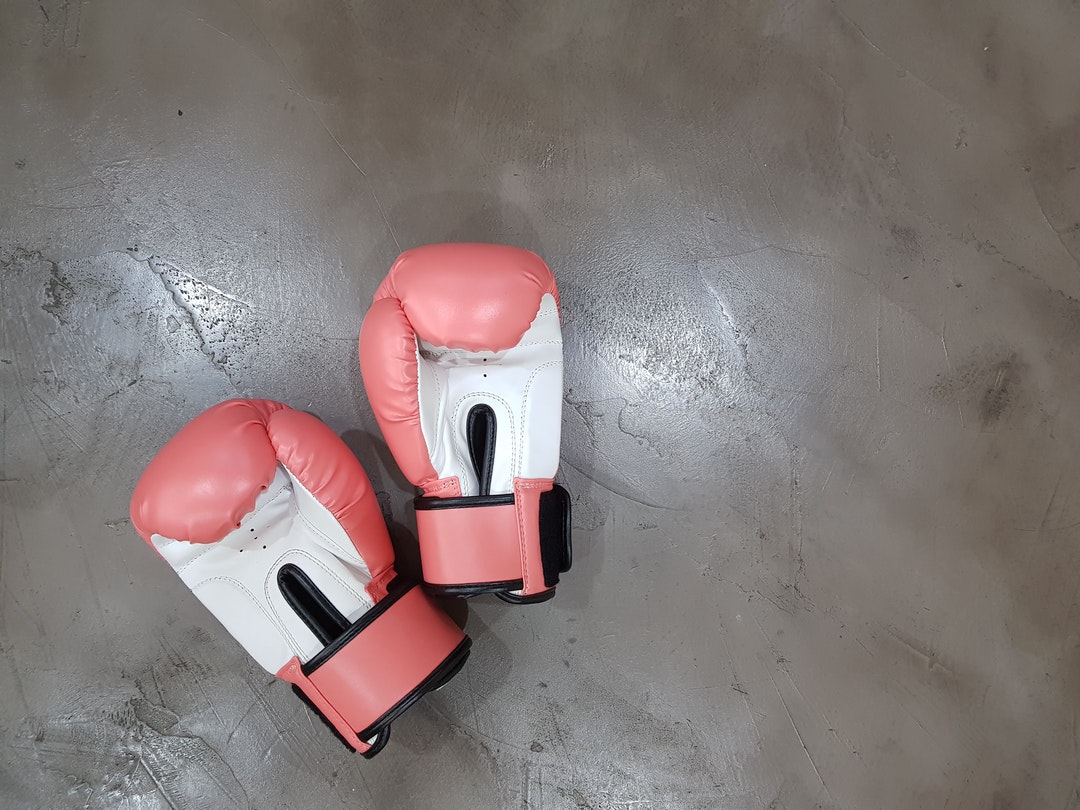When a person is seeking help to overcome addiction, it is important that they choose a treatment program that best meets their specific needs. For some, this means entering a residential program so that they’re away from bad influences, whereas others aren’t in a position to spend months away from home or work responsibilities.
Elevate Addiction Services offers an outpatient program that is designed to serve local residents struggling with heroin and other drug use in San Francisco who require the flexibility of attending drug and alcohol treatment sessions when they are able to.
Outpatient Care vs. Inpatient Treatment:
Inpatient treatment available at the best heroin rehab centers offers the advantage of immersing people into a healing environment, away from the enabling people and places in their daily lives. Elevate’s inpatient program has a duration of 90 days which provides adequate time for people to start the healing process ahead of life in recovery. This program is only suitable for those people who do not have to disrupt their lives in order to attend or for whom addiction has become so severe they require intensive treatment for heroin in San Francisco.
On the other hand, outpatient care at the best heroin rehab centers allows patients to remain at home so that they can continue in their daily routine. For some people, this is important as they may have a caregiving role at home or a position of responsibility for others at work. Outpatient services are the same as those offered in our residential program although sessions are arranged for evenings so that it is easy for people to attend. Elevate’s outpatient program has a recommended duration of 8 weeks although this can be extended should individuals require continued support.
About the Elevate Addiction Services Outpatient Program:
Elevate’s drug and alcohol outpatient care program contains the most effective components of our inpatient care including:
- Evidence-based treatments such as cognitive behavioral therapy (CBT)
- One-to-one, group and family counseling sessions
- Nutritional education and awareness
- Planning a recovery strategy
- Relapse-prevention using holistic coping mechanisms
- Management of stressors and cravings
About the Holistic, Non-12-Step Approach to Outpatient Addiction Recovery:
The term holistic refers to healing a person as a whole in terms of mind, body, and spirit. The Elevate approach encompasses the best components of holistic practices and therapies, using them to address the physical, mental and emotional needs of the patient. One of the main elements of Elevate outpatient treatment for heroin in San Francisco is mindfulness, an ancient practice that focuses on deep and slow breathing.
Mindfulness is a mental state that is achieved using holistic techniques like meditation that focuses on the individual’s awareness of being in the moment. Very often, people with substance abuse issues have lost the ability to relax without taking drugs or using alcohol. Mindfulness opens a doorway to self-exploration that enables participants to gain a fresh perspective. Becoming more self-aware is important in the fight to overcome addiction and mindfulness practices promote this kind of positive introspection.
How Is Evidence-Based Behavioral Therapy Beneficial in Outpatient Addiction Treatment?
CBT and other evidence-based therapies are invaluable in addiction treatment as they allow patients to identify the negative thoughts and feelings driving substance abuse. When individuals discover the root of their substance use, they are able to work with the therapist to make necessary behavioral changes for a more positive outlook.
The evidence-based aspects of an Elevate outpatient treatment for heroin in San Francisco curriculum include the following:
- Conscious acceptance of how emotions and feelings drive behaviors and tools for coping
- Eradicating irrational thoughts and feelings by practicing logical thinking
- Discovering the connection between thoughts, emotions, and actions relative to health and overall wellbeing
- Identifying and understanding the root causes of an individual’s addiction issues
- Rebuilding relationships and improving communication skills
- Maintaining sobriety in recovery and preventing relapse
Finding the Right Route to Recovery from Alcohol and Drug Abuse:
Everyone has their own unique journey into addiction and so it makes sense that they will find their own path to recovery. This is why the decision to attend outpatient or inpatient rehab should be made with the interests of the individual in mind. Some people flourish in residential rehab and make leaps and bounds progressing towards recovery because they’re away from everything they associate with substance use. However, other people find it difficult to be away from loved ones, dependents, co-workers and employers, without either drawing too much attention to their issues or letting people down by walking away temporarily from responsibilities.
Research shows that outpatient treatment is as effective as inpatient care, particularly for people with less severe addiction illness. For people who have developed more serious substance abuse issues, an intensive outpatient program or IOP can provide them with flexible treatment that fits around their daily schedule. Essentially, the best rehab centers devise personalized treatment plans for each patient entering their care, with the decision of whether to opt for an inpatient or outpatient program taken into account.
Read Also:






















